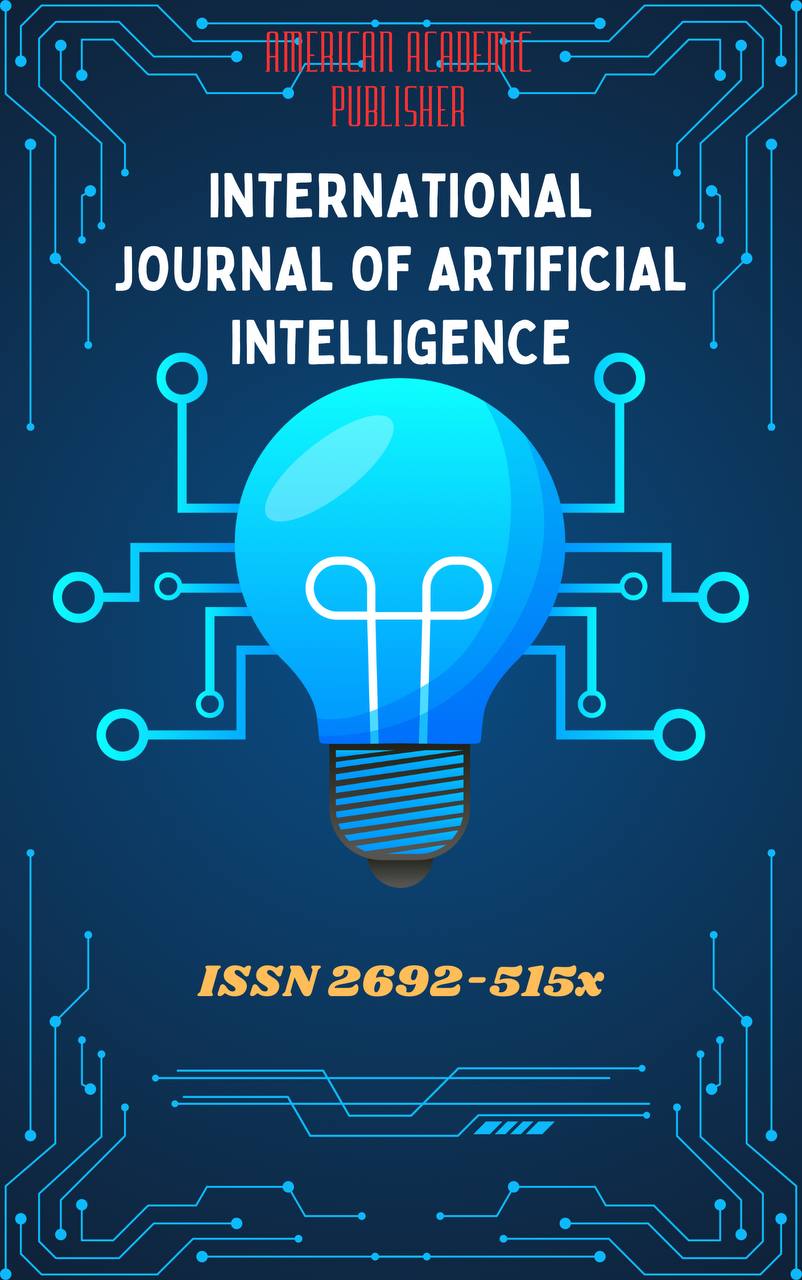 Articles
| Open Access |
Articles
| Open Access | EUPHEMISMS PURPOSES AND FUNCTIONS
Shoira Toxir qizi Xaydarova , Doctoral candidate at Jizzakh state pedagogical universityAbstract
This article investigates the multifunctional roles of euphemisms across linguistic, sociocultural, and psychological dimensions, exploring how they facilitate communication by mitigating the impact of socially sensitive or taboo subjects. By employing a mixed-methods approach that combines qualitative content analysis, expert interviews, quantitative surveys, and controlled experiments, this study delves into how euphemisms influence perception, emotional responses, and societal norms. The findings reveal that euphemisms are not mere linguistic curatives for social discomfort but are deeply embedded mechanisms that reflect and shape cultural values, potentially masking harsh realities and perpetuating social inequalities. The study highlights the dynamic nature of euphemisms, with a particular focus on their evolution and the ethical implications of their use in various contexts, including politics, business, and everyday interactions. The conclusion posits that understanding euphemisms is crucial for comprehending broader linguistic and cultural dynamics, suggesting directions for future research in digital and global communication environments.
Keywords
euphemisms, linguistic analysis, sociocultural impact, effects, language evolution, communication ethics, taboo subjects, social norms
References
Allan, K., & Burridge, K. (2006). Forbidden Words: Taboo and the Censoring of Language. Cambridge University Press.
Hughes, G. (2000). An Encyclopedia of Swearing: The Social History of Oaths, Profanity, Foul Language, and Ethnic Slurs in the English-speaking World. M.E. Sharpe.
Pinker, S. (2007). The Stuff of Thought: Language as a Window into Human Nature. Viking
Warren, J. (2012). Euphemisms and Dysphemisms: Language Used as Shield and Weapon. Oxford University Press
Murphy, M. L. (2010). Lexical Meaning. Cambridge University Press.
Lakoff, G. (1990). Don't Think of an Elephant! Know Your Values and Frame the Debate. Chelsea Green Publishing.
Article Statistics
Downloads
Copyright License

This work is licensed under a Creative Commons Attribution 4.0 International License.

